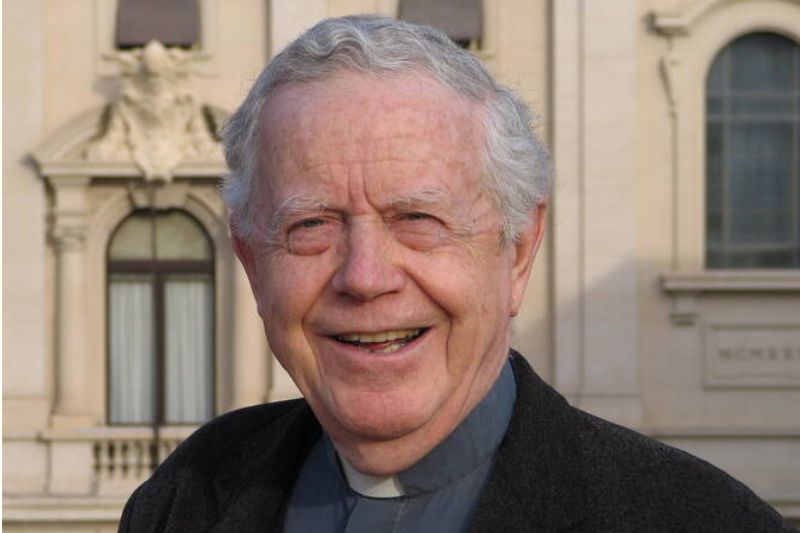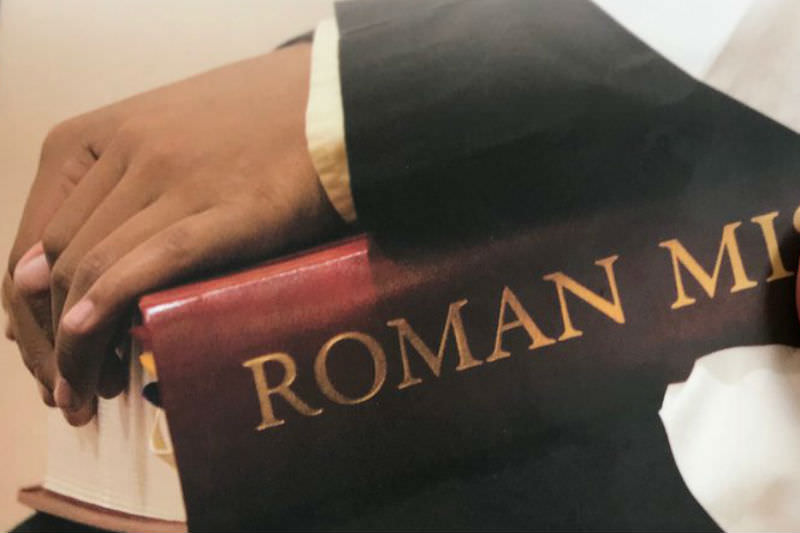Keywords: Gerald O'collins
-

RELIGION
- Julian Butler
- 26 August 2024
3 Comments
Gerry had a wonderful way of making people feel welcome. He wanted to see people at their best and his company allowed others to be so. Gerry’s life was peopled by some of the most significant figures in the global Church, and in political and cultural society more broadly, but he wore those connections lightly.
READ MORE
-

RELIGION
- Gerald O'Collins
- 20 May 2021
24 Comments
Over forty years ago I drew on the doctoral work of Bridget Puzon to produce The Second Journey and reflect on midlife journeys. Human history, as I realised then and later, throws up everywhere examples of such journeys: from Abraham and Sarah to Moses, from Paul of Tarsus to Mother Teresa of Calcutta, from Dante Alighieri to Eleanor Roosevelt, from John Wesley to Jimmy Carter, from John Henry Newman to Dietrich Bonhoeffer.
READ MORE 
-

RELIGION
- Andrew Hamilton
- 22 August 2018
10 Comments
When conversation in a community is restricted to the public language of broader society, its power to engage community members is diminished. That has happened in the development of a theology of religions within Christian churches. It often emphasises themes that unite religions and are less specifically and distinctively Christian.
READ MORE 
-

RELIGION
- Andrew Hamilton
- 14 February 2018
46 Comments
In Christian churches the celebration of liturgy is always contentious. Fr Gerald O'Collins' latest book deals with a relatively small and domestic issue: the ingeniously engineered launch and spluttering subsidence of a revised English Catholic Mass translation. Though small, the events carry a large symbolic weight.
READ MORE 
-

INTERNATIONAL
- Gerald O'Collins
- 05 September 2012
27 Comments
The late Cardinal Carlo Martini reached out constantly to the young, to intellectuals, to all manner of alienated Catholics, as well as immigrants and refugees. He was explicit in expressing his view that the encyclical Humanae Vitae had done 'great damage' reaffirming the ban on contraception. To him, it was why the Church lost credibility with young people on questions of sexuality and family planning.
READ MORE
-

AUSTRALIA
- Michael Mullins
- 16 April 2012
14 Comments
In the shadow of the blockbuster Q&A and Global Atheist Convention was a poignant encounter between atheist broadcaster Philip Adams and Jesuit theologian Gerald O'Collins. The instant bond between the two may have a flipside in an affinity between fanatical atheists and fundamentalist religious believers.
READ MORE 